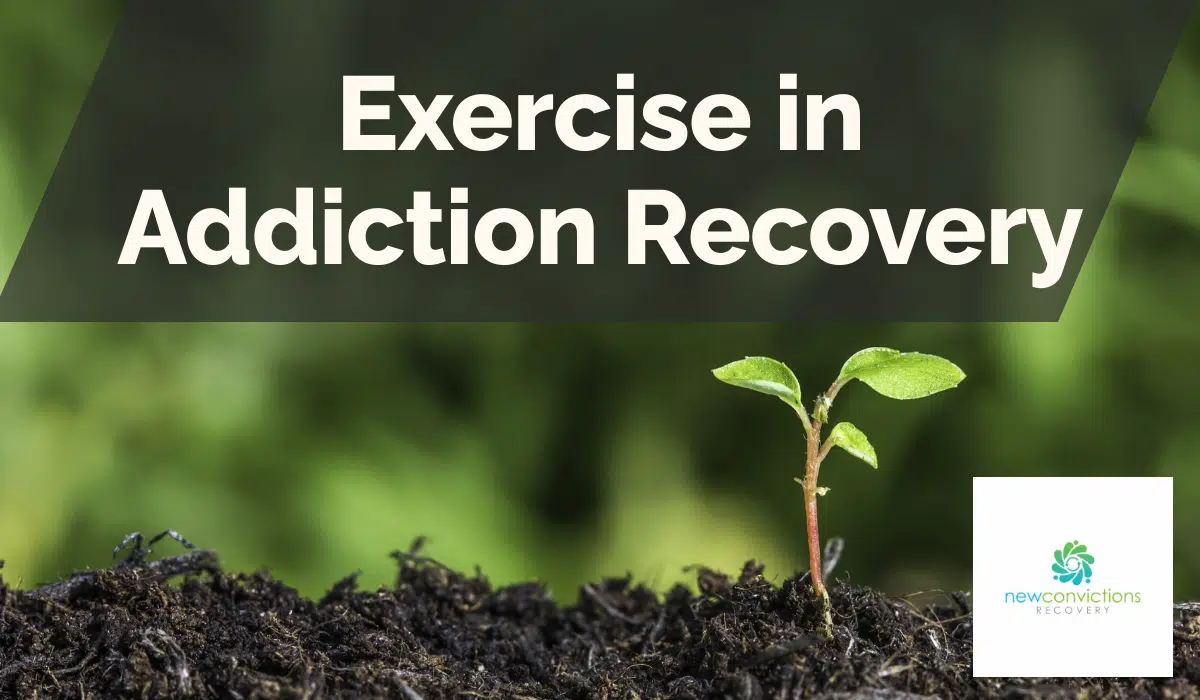Exercise is a powerful tool when it comes to addiction recovery. It can help rectify the physical damage caused by substance misuse and ease mental symptoms such as depression and anxiety. Moreover, regular exercise can provide structure to everyday life, promote better sleep, reduce urges and cravings, and boost one’s self-image. In essence, exercise plays a fundamental role in a holistic approach to addiction recovery, attending to not just the physical but also the emotional, mental, and spiritual aspects of one’s wellbeing.
The Physical Benefits of Exercise in Addiction Recovery
Regular exercise helps to repair physical damage brought about by sustained substance misuse. This is a critical aspect of addiction recovery, as prolonged substance use can lead to chronic diseases like heart disease, lung disease, and liver damage. Exercise improves cardiovascular health, strengthens the immune system, helps regulate blood sugar levels, and can even improve liver function. Furthermore, exercise can help to mitigate withdrawal symptoms, making the recovery process more manageable.
Exercise and Mental Health
Exercise also significantly benefits mental health which is essential for those in addiction recovery. Regular physical activity can help to reduce feelings of anxiety and depression through the release of endorphins, also known as ‘feel good’ chemicals within the brain. These natural mood boosters can provide a sense of calm, reduce stress levels and improve overall mental well-being.
Reducing Cravings and Promoting Structure
Exercise has been found to reduce cravings for addictive substances. Whenever cravings arise, engaging in physical activity can serve as a distraction, while also contributing to the production of new reward pathways in the brain. Additionally, adopting a regular exercise routine provides structure and routine into one’s daily life – an important aspect of addiction recovery.
Boosting Self-Image Through Exercise
Self-esteem is often damaged in the throes of addiction. However, regular physical activity and exercise can help to rebuild self-esteem since individuals can note improvements in their strength, conditioning, and overall health. Seeing these changes can significantly boost self-esteem and confidence, which are crucial for maintaining long-term recovery.
A Holistic Approach to Addiction Recovery
Exercise, as part of a holistic approach to recovery, allows for healing and growth in multiple aspects of one’s life. Holistic recovery involves addressing the physical, emotional, mental, and spiritual aspects of wellbeing, and exercise is key to this integrated approach.
Potential Challenges
While the benefits are vast, initial challenges may arise when incorporating exercise into recovery. Individuals may struggle with motivation or feel overwhelmed at the idea of beginning an exercise routine. It’s important to start slow and focus on incorporating physical activity as a part of the daily routine. An individual also needs to be cognizant of his or her physical limitations; many times, individuals in recovery enter into an intense workout regimen without any days of rest which can make one more susceptible to injury.
A Final Word
Exercise can be a powerful ally in addiction recovery. It offers numerous physical and mental health benefits while fostering self-esteem and discouraging cravings. When implemented correctly, exercise can complement a holistic approach to recovery that nurtures not just the body, but also the mind and soul. Remember, the journey to recovery is not a race, but a process – stay patient, keep moving, and focus on progress, no matter how small.

